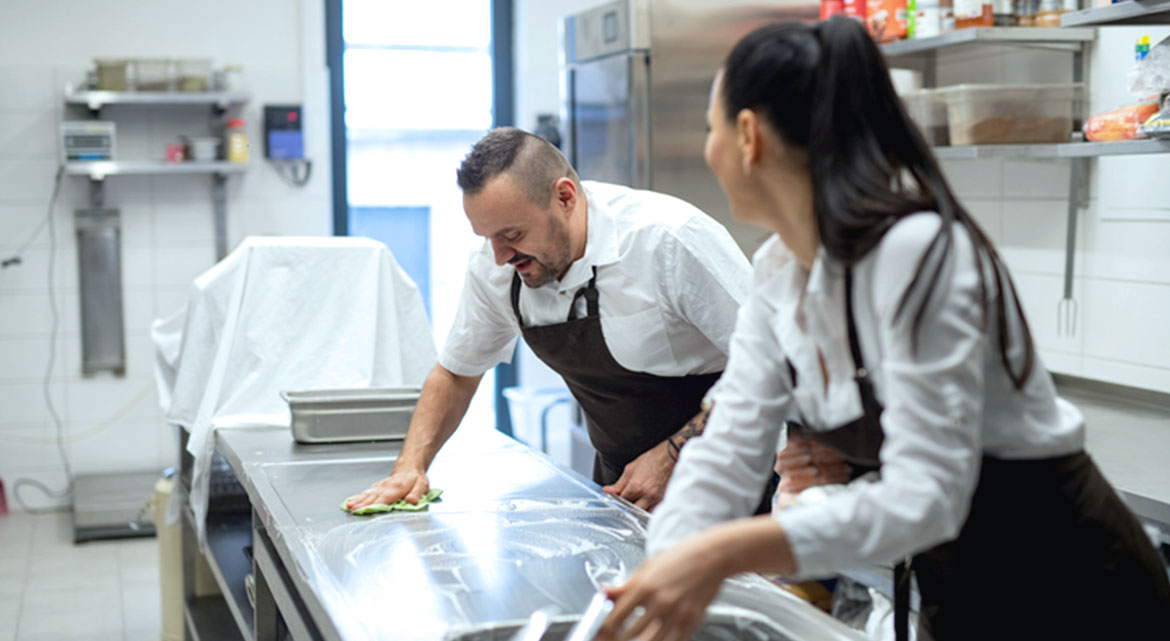‘Nothing is going well’ for Japanese retailers jolted by weak yen
As if war, COVID-related disruptions and higher material costs weren’t enough, Japan’s retailers now have to contend with a weaker yen that’s raising import prices and forcing them to deal with a phenomenon unseen for the better part of three decades: inflation.
“It’s a double punch,” beer importer Tsutomu Kobayashi said of the sinking currency, adding that his sales have slumped to a third of what they were two years ago. “With the weaker yen, nothing is going well for us.”
With wage growth still anemic, retailers have long been reluctant to raise sticker prices for fear of scaring off customers accustomed to years of deflation. Now that’s starting to change, with everything from the price of beer and soy sauce, to fried chicken nuggets and burgers, starting to climb as businesses pass on costs to shoppers. How aggressively and how quickly they can do so is becoming a dilemma, lest they put at risk Japanese consumers’ appetite for spending, which accounts for more than half of the economy.
Prices of more than 6,000 food products will climb by an average of 11% this year, according to researcher Teikoku Databank Ltd., which surveyed 105 major food and beverage companies earlier this month.
“Rising global food costs, soaring crude oil prices pushing up transport and material prices, and the weaker trend in the yen are enveloping business, well beyond their ability to absorb costs,” Teikoku Databank said in its April 16 report, adding that the beer, liquor and imported wine category saw the biggest increase this year, by 15%.
Just 10 days later, Japan’s largest brewer, Asahi Group Holdings Ltd., announced that it will charge more for Super Dry beer and other beverages for the first time in years. Earlier this month, convenience-store operator Lawson Inc. said it will raise prices for its popular “Karaage-Kun” fried chicken for the first time in 36 years. McDonald’s Holdings Co. Japan Ltd., which once slashed the price of a burger to as little as ¥59 in 2002, said in March that it will hike prices for some products, citing higher costs for beef, wages and transport.
Kikkoman Corp., which raised prices for soy sauce and soy milk in February, stopped short on Wednesday of issuing a forecast for the current fiscal year, citing an uncertain outlook. That, and worse-than-projected profits, triggered the biggest drop in the company’s shares since 2011.
“It’s not just Kikkoman, but the whole industry is facing” a difficult situation, said President Shozaburo Nakano, who said he hasn’t yet made a decision on whether to raise prices a second time later this year.
All of this underscores the uncertainty facing Japan’s retailers, given that wages aren’t rising fast enough to offset the impact of higher prices of imported goods, and boost demand.
“Companies won’t increase salaries because they fear the yen may get stronger again,” Hideo Kumano, an economist at Dai-ichi Life Group, wrote in a note to clients on April 15. “Households are wary of a decline in real wages.”
With public pressure mounting, the government is starting to acknowledge the negative impact of the higher yen on Japan’s retail sector.
“There are positive aspects to it, but given the current economic climate, strong negative aspects exist,” Finance Minister Shunichi Suzuki said last week, in a sign that officials are becoming more concerned about the weak yen. “We are monitoring moves in the foreign exchange market with a strong sense of vigilance,” he added.
In the meantime, retailers appear to have no choice but to pass on costs to customers. More than 70% of those surveyed by Teikoku Databank will raise prices within a year, according to the research firm.
Kobayashi, who supplies barrels of Bavarian craft beer to restaurants across Japan, is barely hanging on. He swallowed the cost increase by cutting his salary and suspending his daughter’s after-school activities. Although he raised prices by about 10% in April, as the yen hits its lowest level in six years against the euro, the 51-year-old is trying to make up for lost beer sales by shooting YouTube videos and selling T-shirts.
“At least restaurants are willing to take the price increase for now,” said Kobayashi, who said he only gets about four hours a sleep most nights. “It’s giving me a headache.”
In a time of both misinformation and too much information, quality journalism is more crucial than ever.
By subscribing, you can help us get the story right.
SUBSCRIBE NOW









